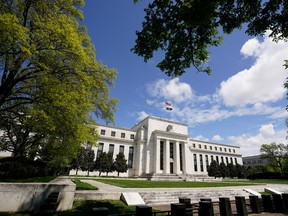Article Content
The New Dynamics of Currency Battles
The conventional approach to currency wars has long been about weakening one’s currency to gain an edge in global trade. As President Donald Trump once alleged, this strategy targeted China’s yuan, which he accused of intentionally devaluing it.
The Shift in Priorities Due to Inflation
Rising inflation has fundamentally altered the nature of these conflicts, transforming them from a bottom-up battle into a top-down strategy. Central banks worldwide are now prioritizing currency strength as a means to mitigate economic instability and control inflationary pressures.
TD Securities’ Insight
In a recent analysis, strategists at TD Securities have argued that global central banks are increasingly favoring strong currencies over weak ones. This shift is driven by the tangible impact of inflationary pressures on national economies, where stronger currencies can help stabilize exchange rates and reduce import costs.
Export-Dependent Nations: The Case for Weak Currencies
For nations reliant on exports, weaker currencies present an attractive proposition. By reducing the cost of imported goods, weak currencies can stimulate domestic demand and enhance profitability. However, this strategy often comes with high political risks, as it may provoke inflationary pressures within trading partners.
Central Bank Policies and Their Impact
Higher interest rates set by central banks serve as a critical tool in addressing inflationary trends. By making borrowing more expensive, these measures help curtail spending and reduce demand-pull inflation. The Federal Reserve’s upcoming monetary policy moves are expected to be closely watched as they provide insights into the broader economic outlook.
The Race to the Top: A New Era of Global geopolitics
As inflation continues to rise, nations are reevaluating their economic strategies. The race for strong currencies is now a defining feature of international relations, with central banks worldwide adopting more assertive stances toward currency management.
Conclusion
The evolution of currency wars reflects the complex interplay between economic policy and geopolitical dynamics. As inflationary pressures persist, the battle over currency strength will likely intensify, shaping global trade and financial markets in ways that remain to be seen.




